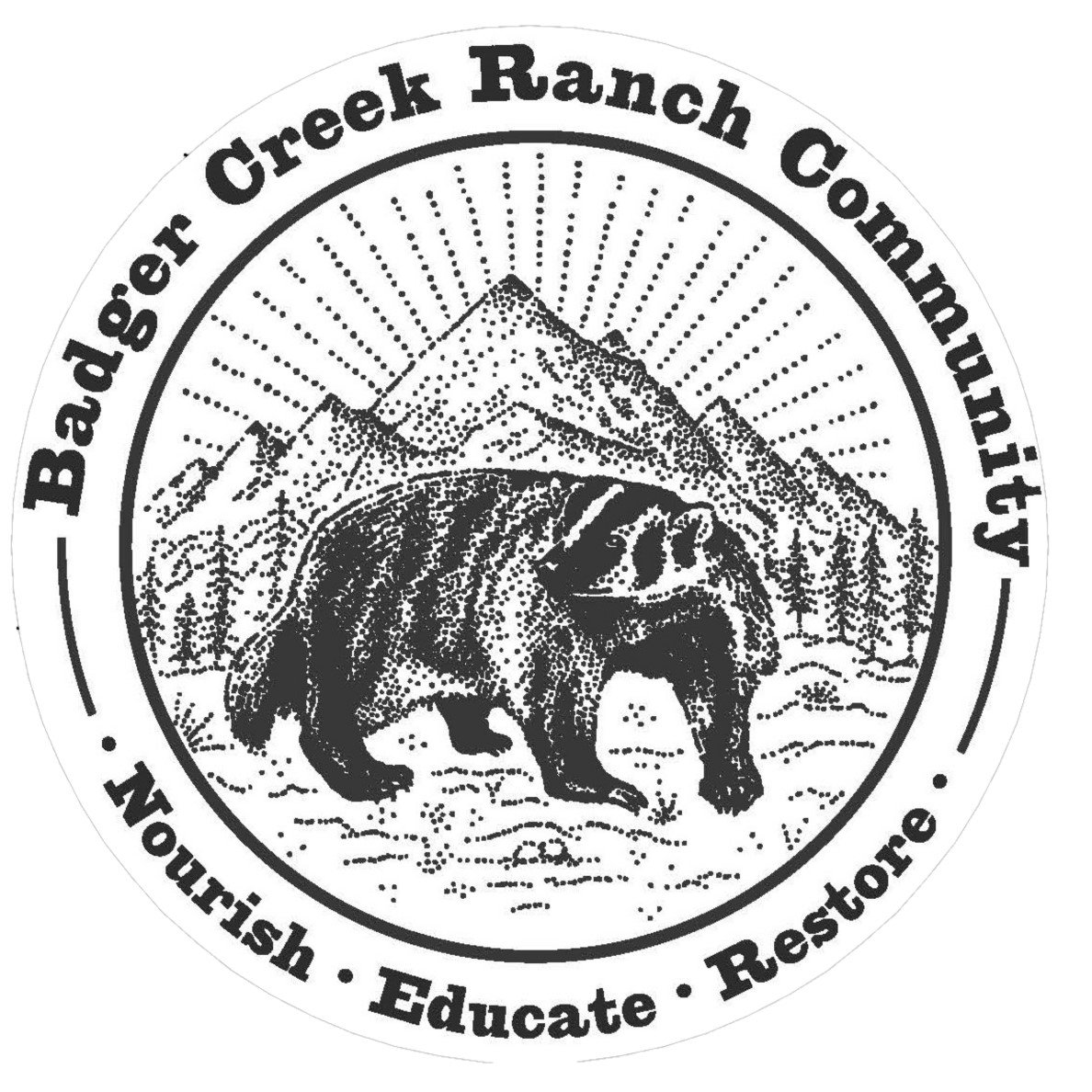Audubon Issues 100th Bird-Friendly Habitat Certification to Badger Creek Ranch
Badger Creek Ranch herd in Colorado is working for birds through Audubon’s Conservation Ranching program
Vesper Sparrow. Photo: Evan Barrientos/Audubon Rockies
CAÑON CITY, CO — The National Audubon Society today announced Badger Creek Ranch in central Colorado as the 100th ranch to receive a Bird-Friendly Habitat Certification. Beef produced on the ranch and sold under the Badger Creek Ranch brand can now carry the Audubon Certified bird-friendly seal, a package label that recognizes product origin as lands managed for birds and biodiversity. This bird-friendly habitat certification is through Audubon Conservation Ranching, a habitat program working to stabilize declining grassland bird populations in Colorado and across the U.S.
Topping more than 6,300 acres, Badger Creek Ranch is a family-owned ranch managed by Chrissy and Dave McFarren. The scenic property is bisected by Badger Creek and sits high above the Arkansas River in southwestern Park County and northwestern Fremont County. Chrissy McFarren, who serves as ranch director, said stewarding a healthy environment for all animals – wild and domestic – on the land was a primary driver for enrolling her property in the Conservation Ranching program. As detailed in the 2022 U.S. State of the Birds report, grassland birds are among the fastest-declining bird species in the United States, with a 34% loss since 1970. As an Audubon Certified bird-friendly habitat, the McFarrens will manage Badger Creek to provide a mosaic of habitat for priority birds, including the Brewer’s Sparrow, Burrowing Owl, Loggerhead Shrike, Mountain Plover, and Vesper Sparrow.
Dusty Downey, Conservation Ranching Manager for Audubon Rockies, Audubon’s regional office, says the McFarrens are enacting their vision of stewarding the spacious, high-elevation native rangelands around Badger Creek to provide more habitat for bird species and other wildlife, in addition to an improved forage base for their herd. With assistance from the Environmental Quality Incentives Program, a voluntary conservation program of the U.S. Department of Agriculture Natural Resources Conservation Service, the McFarrens recently increased the number of water source points across the ranch. Water is a key element to implement rotational grazing, Downey adds, which will allow the McFarrens to mimic with their cattle what bison once did: create diverse wildlife habitat.
“Rotational grazing is an effective tool to create this habitat diversity,” Downey said. “At Badger Creek Ranch, short periods of high-intensity grazing provide patches of short cover favored by the Horned Lark and Vesper Sparrow, while other areas can be rested from grazing for long periods, leading to the higher plant structure preferred by species like the Savannah Sparrow.”
Marshall Johnson, Chief Conservation Officer for the National Audubon Society, said it’s fitting the McFarrens and Badger Creek Ranch are the 100th entrant to earn bird-friendly status through Audubon Conservation Ranching. “Ranchers are the primary stewards of the grasslands ecosystem, standing at the vanguard of efforts to keep grasslands intact and thriving for wildlife,” Johnson said. “The McFarrens are representative of ranchers throughout our innovative program in that they care about the entire ecosystem and want birds to be markers of their sound management. We’re proud to call the McFarrens new Audubon ambassadors of grassland conservation.”
Badger Creek Ranch. Photo: Courtesy of the McFarrens
The McFarrens sell beef products produced at local farmer’s markets and through the Badger Creek Ranch online store. Passionate about regenerative agriculture, ranch director Chrissy McFarren sees the Audubon certification and the Audubon Certified bird-friendly seal not only as validation of their ranch management practices but an important way to convey their conservation ethic to consumers.
“We build relationships with our customers, and we want them to view Audubon Certified as we do,” McFarren said. “That it’s more than meat production, but a regenerative movement. We’re seeing bare areas of our ranch recovering with prairie grasses. We’re working to bring water back to parts of the creek. Our biggest hope is that the ranch can, in more respects, be an open gate and help people can fall in love with the land again.”
For more information about Audubon Conservation Ranching in Colorado, Utah, and Wyoming, contact Dusty Downey, Audubon Rockies Conservation Ranching Manager, at (307) 756-3941.
About Audubon Conservation Ranching
A wildlife habitat initiative of the National Audubon Society with a unique market front, Audubon Conservation Ranching’s purpose is to stabilize declining grassland bird populations in partnership with ranchers – on whose land 95 percent of grassland birds live. Audubon Conservation Ranching’s enrollment includes 100 ranches, covering more than 2.7 million acres that have earned status as Audubon Certified Bird-friendly Land. Incentivizing this habitat work for birds and biodiversity are consumers with an appetite for conservation, who support it with the purchase of products grazed on these lands. Shoppers see a special package designation – the Audubon Certified bird-friendly seal – that sets these products apart. For more information, visit Audubon.org/ranching.
About Audubon
The National Audubon Society protects birds and the places they need, today and tomorrow, throughout the Americas using science, advocacy, education and on-the-ground conservation. Audubon’s state programs, nature centers, chapters and partners have an unparalleled wingspan that reaches millions of people each year to inform, inspire and unite diverse communities in conservation action. Since 1905, Audubon’s vision has been a world in which people and wildlife thrive. Audubon is a nonprofit conservation organization. Learn more at www.audubon.org and @audubonsociety.
Media Contact: Anthony Hauck, Anthony.Hauck@audubon.org


